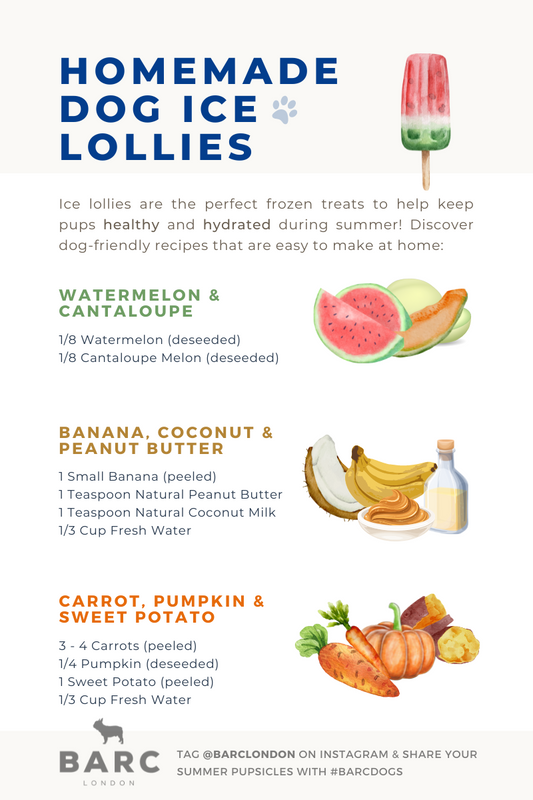We’re pretty sure everyone here has witnessed their pooch taking a satisfying yawn at some stage or another - whether that's just after a long play session or when you’re giving affection while they snuggle up for a snooze.
But did you know that yawning doesn’t necessarily mean that they’re tired?
Not all dog yawns have the same meaning, and when a dog yawns, they could be trying to tell you something.
Keep reading to find out more and discover some of the common reasons why dogs yawn:
- Why do dogs yawn?
- What does it mean when a dog yawns?
- Common reasons for healthy dog yawning
- What causes dogs to yawn excessively?
- What should I do if my dog is yawning too much?

Why do dogs yawn?
Just like for us humans, yawning is a natural and involuntary reflex for dogs.
But, instead of trying to suppress it or worry about hiding it, dogs embrace yawns in full with a wide-open jaw-stretch!
Although there have been many theories proposed as to exactly why they occur, no definitive reason has been found.
What does it mean when a dog yawns?
When we think about yawning, it’s normal to associate a connection between feelings of tiredness or boredom, and even though this can be the cause for your dogs yawn, it’s not the only one.
Dog yawning meanings can also be linked with physiological, emotional and sociological reasons too.
Yawns are thought to help to ‘cool down’ the brain, and can occur during moments of transition from one behavioural state to another (for example; when we’re waking up and falling asleep, or when we move from an anxious state to a calm state).
A yawning puppy or dog could be trying to communicate with you, or with their fellow canines.
Used to communicate peaceful intentions towards another dog, or as a way to calm themselves down when they’re feeling stressed, the yawn itself can be classed as a ‘calming signal’, but it’s important to pay attention to the rest of their body language to fully understand how they’re feeling as it can also signal that they are feeling stressed and overwhelmed.
If you’re looking to understand the meaning of your dogs yawn, look at the situation as a whole and go from there - If they’re stretched out on bed, chances are they’re tired, but if it’s excessive yawning on route to the vet, then it’s likely to mean they are stressed.
Common reasons for healthy dog yawning:
We’ve uncovered some of the most common reasons that could be behind your dogs yawning:
A way of saying 'I've had enough'
Yawning can help dogs deal with frustration, giving themselves a mental break, and letting other dogs know they don’t want any trouble.
If you notice your dog yawning during training classes, it may be time to step outside for a break. Or, if you notice your dog yawning as you approach a larger, more hostile dog, they could be telling the other dog to chill out.
Stress
If your dog is yawning excessively, it could be a sign that they’re feeling anxious or stressed.
Anxiety and depression in dogs can be common, so it’s important to pay attention to when, where and how often your dog is yawning so you know what their triggers are.
Anxiety-inducing situations can include thunderstorms, fireworks during events like Halloween or Guy Fawkes Night, a trip to the vet, or simply meeting new people.
If you sense your pup is becoming overwhelmed, remove them for the situation and give them time to calm down.
Anticipation of something enjoyable
Your dog’s yawns could also be a sign that they’re excited and they’re trying to control their enthusiasm.
This type of yawn will often be accompanied by circling or pacing with happiness, and can occur if you’ve just said the word ‘Walkies!' but don’t move quick enough for their liking, or when you bump into a friend at the park and they’re desperate to go play fetch.
Once they engage in the activity they’re waiting for, their yawning should start to settle.
Tiredness
Your dog may simply be yawning because they’ve spent the day exploring the world, playing with their toys and running circles round the house (or you if they’re feeling mischievous!).
Sometimes it’s just that simple, and who doesn’t love to see their sleepy dog curl up in their comfortable dog bed and let out a satisfying yawn?
Because they love you!
It's likely you'll have heard of the phenomenon that yawns are contagious, research suggests this is true for dogs too!
If your dog sees you yawn, they’re likely to reciprocate with a yawn themselves, symbolising the bond and trust between you both.
Studies also suggest yawning is evidence of empathy, and many believe dogs are just as empathetic as we are.
So, next time you’re snuggling down for hugs and cuddles, watch the yawns escape with happiness.

Why does my dog yawn so much?
We now know that yawning is a natural reflex for our dogs, and more often that not they are completely benign.
However, it's not uncommon to worry if you dog yawns a lot more than usual.
What causes dogs to yawn excessively?
Anxiety yawning can be the most common cause, so paying attention to the environment you’re in when it occurs can help you to understand which situations are causing your dog stress.
This type of yawn will often be accompanied by other indicators, such as the tucking of their tail or pinning back their ears, over-licking their lips, cowering or sometimes total avoidance.
If your dog keeps yawning even after you’ve left the stressful situation, or you can’t pin point a cause, then it could be worth chatting to your vet or a trainer to see if there’s something bigger going on like, for example, separation anxiety.
What should I do if my dog is yawning too much?
If you’re out and about and you start to notice your dog or puppy is yawning a lot, then the first thing to do is leave the situation you’re in and find a safe space for your dog to calm down.
Try to always be aware of what situations are causing your dog stress so you can prevent exposing them to it.
If you know they get scared when meeting new people, you could avoid taking them to busy places, or ask people to give them space when approaching.
If you notice your dog is getting stressed at home, explore what might be causing it. From hearing arguments to being held too tightly, or simply wanting to settle but not being able to, once you know the cause you’ll be able to make adjustments.
On the other hand, if you think your dog is tired and could benefit from heading to bed for a snooze, let them!
Whether that’s in their safe space, or while you’re both settling down for hugs and cuddles on the sofa, embrace the affection and let them yawn to their heart's content - you’re likely to have a calm and happy dog in your arms!



